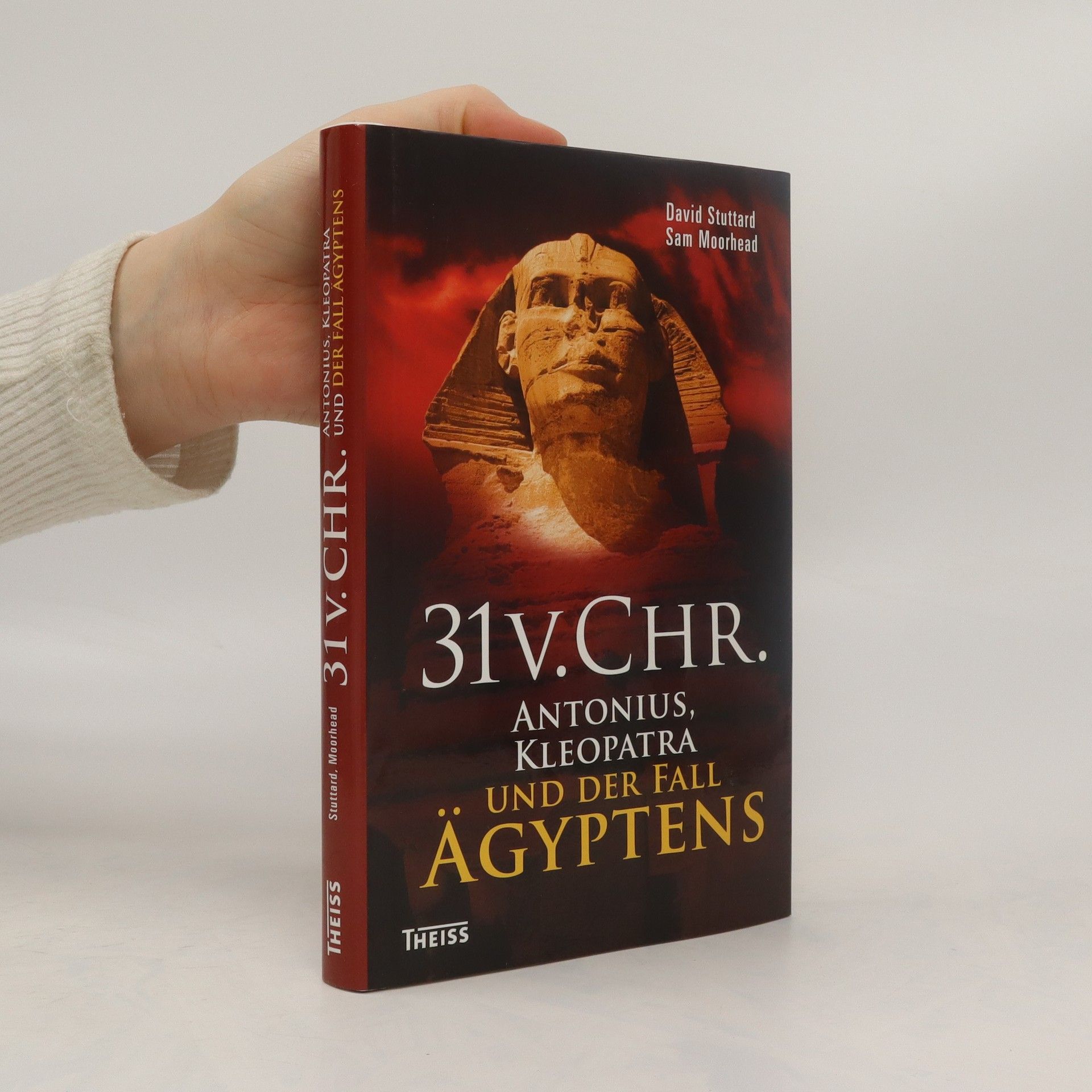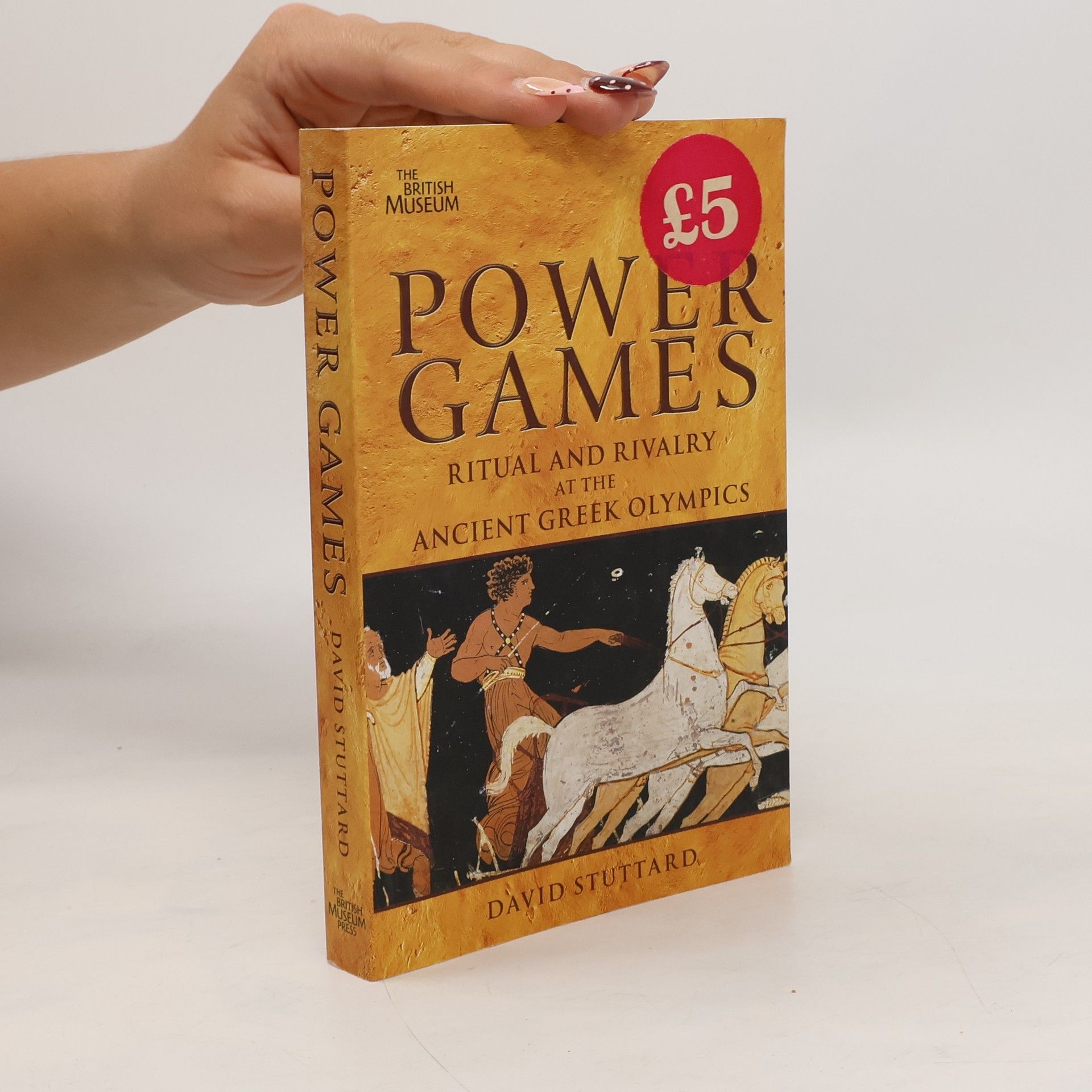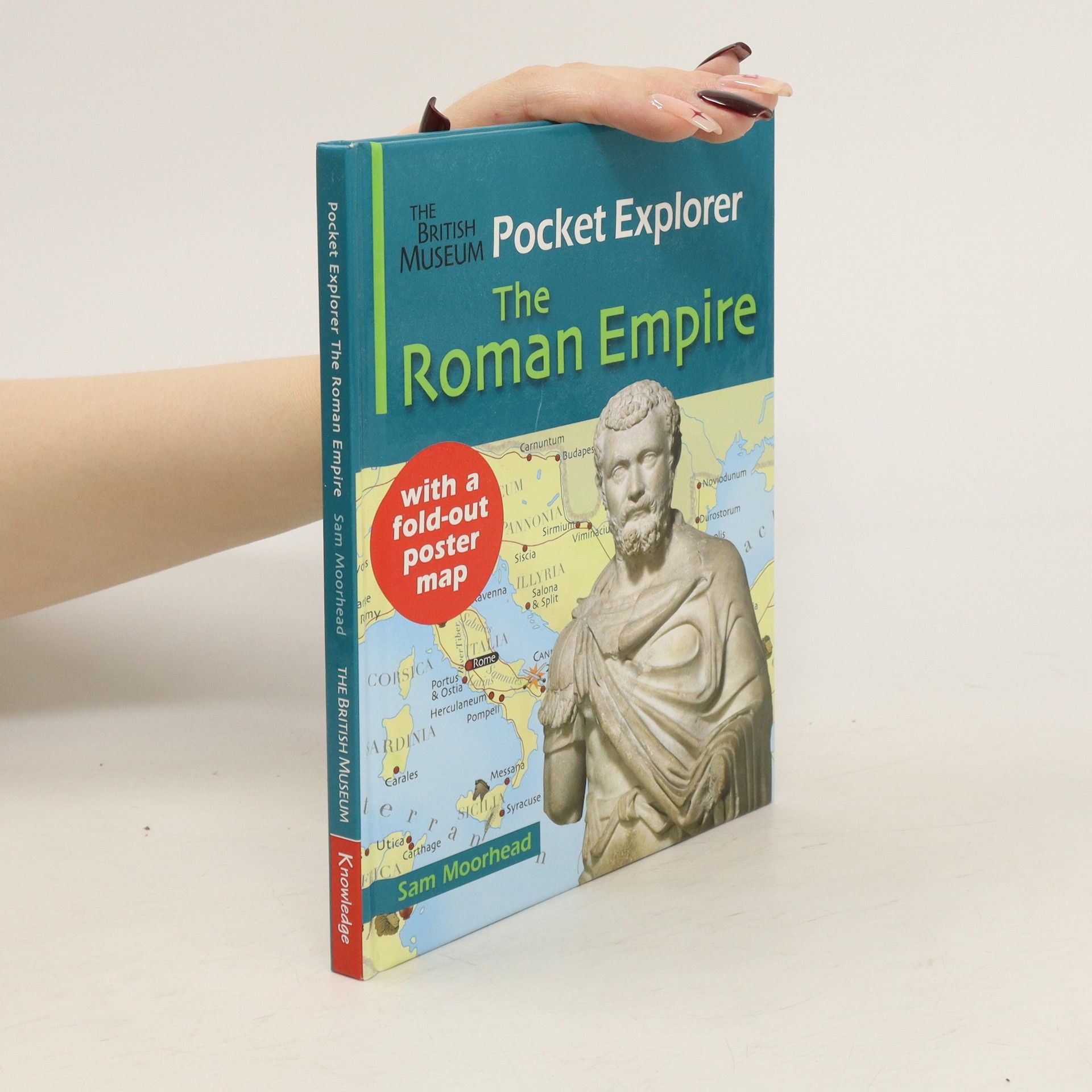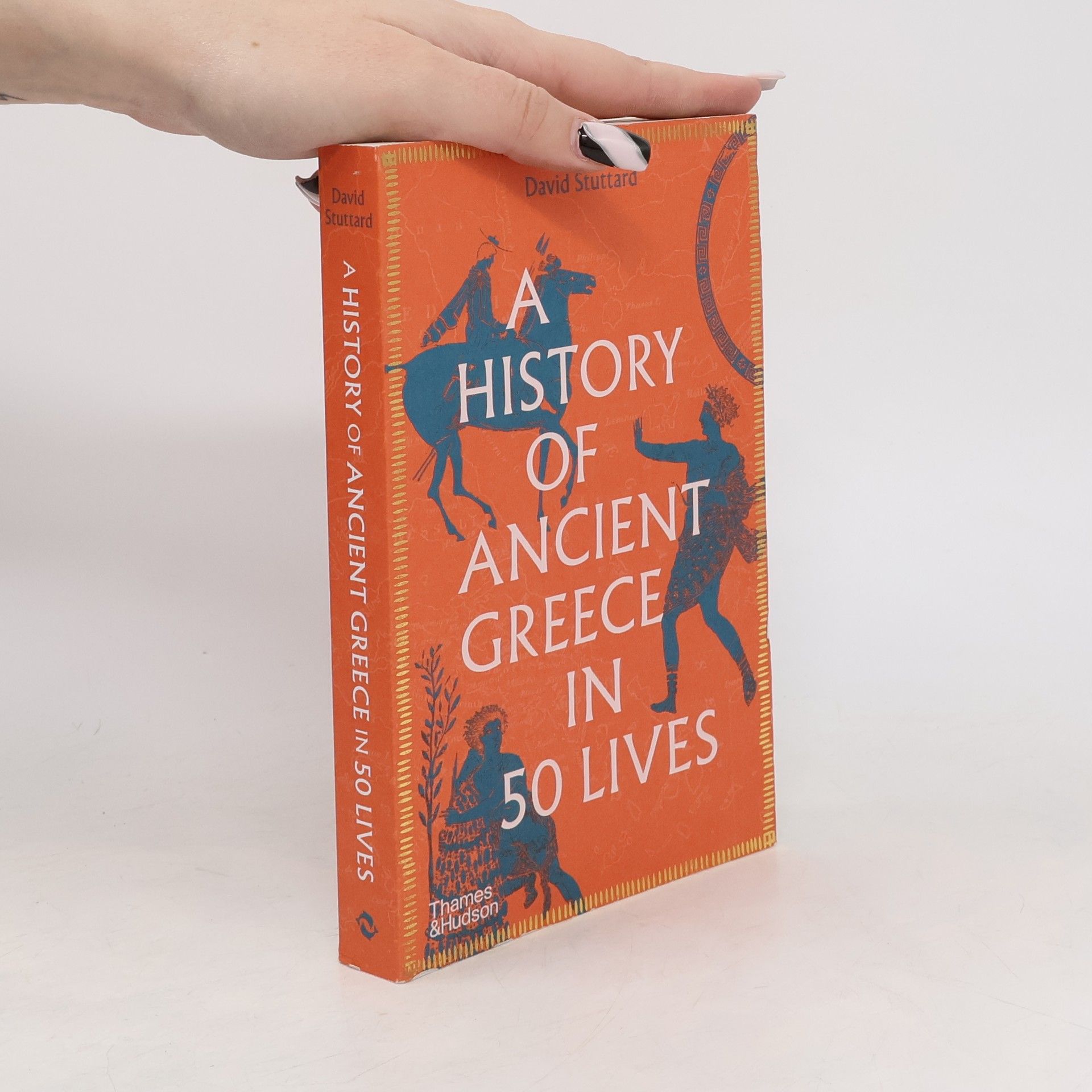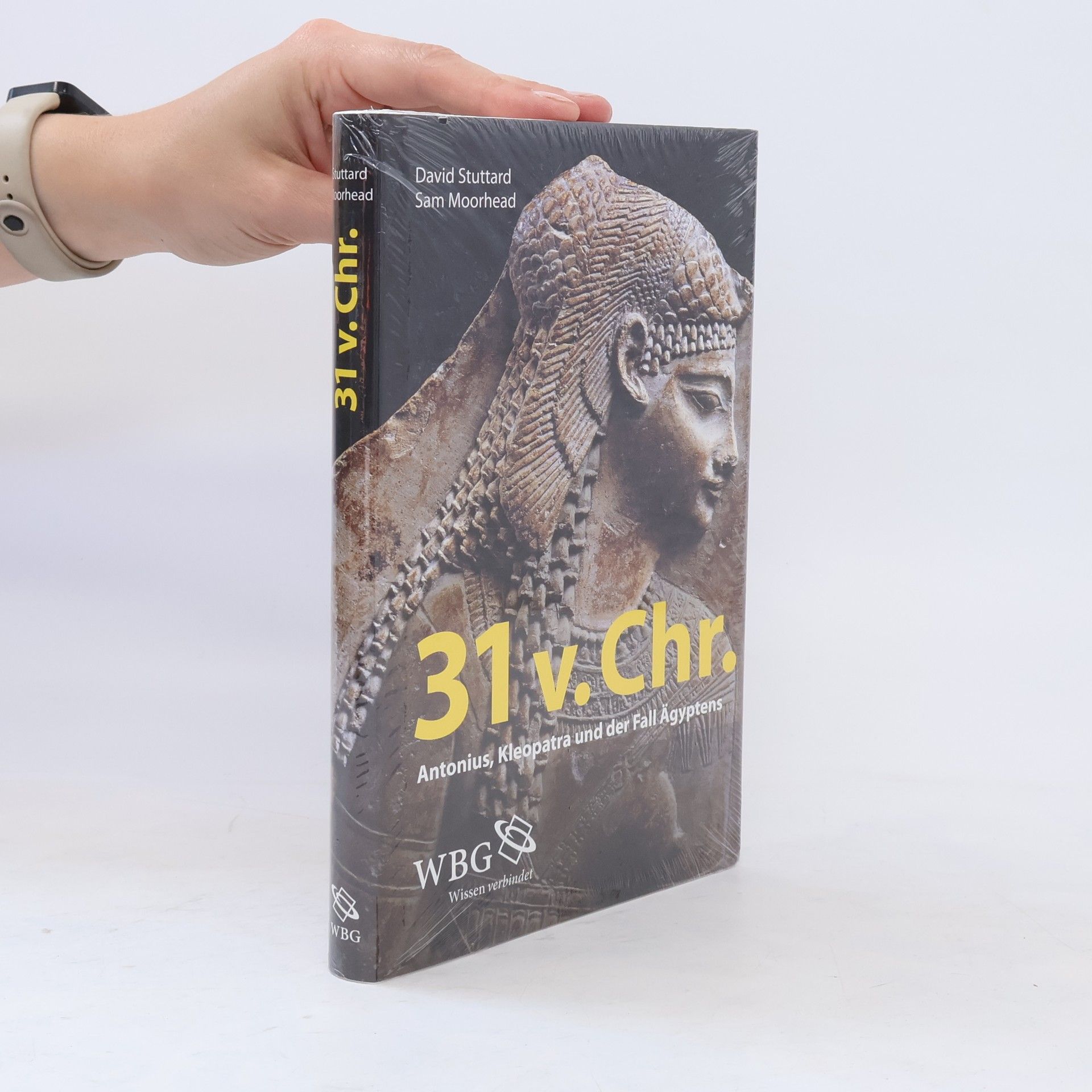História starovekého Grécka v 50 životoch
- 384 pages
- 14 hours of reading
Netradičný pohľad na históriu Grécka je prezentovaný prostredníctvom životopisov významných gréckych osobností. Politickí vodcovia, spisovatelia, umelci a filozofi transformovali malé mestské štáty na panstredomorskú civilizáciu, ktorej odkaz pretrváva dodnes. Autor prepojil životy päťdesiatich najvplyvnejších postáv, od tyranov ako Peisistratos a Polykrates, cez demokratické reformy Kleisthena, až po vzostup Macedónie pod Filipom II. a Alexandrom III. Veľkým, a konečný úpadok gréckeho sveta s príchodom Ríma. Okrem známych osobností ako Herodotos a Alexander Veľký sa objavujú aj menej známe figúry ako Demetrios a Alelles. Zaujímavé je zvýraznenie mien osobností, s ktorými sa daná postava stretla, čo obohacuje historické súvislosti. Kniha je určená milovníkom antiky a mala by byť súčasťou školských knižníc od základných až po vysoké školy humanitného zamerania. Odborníci na antické Grécko ocenia jej prehľad a nové prepojenia dejín. Autor, známy popularizátor antickej kultúry, začína prehľadom gréckej historiografie a jednotlivé biografie sú doplnené zaujímavými faktami a 25 farebnými fotografiami a 4 mapami.
